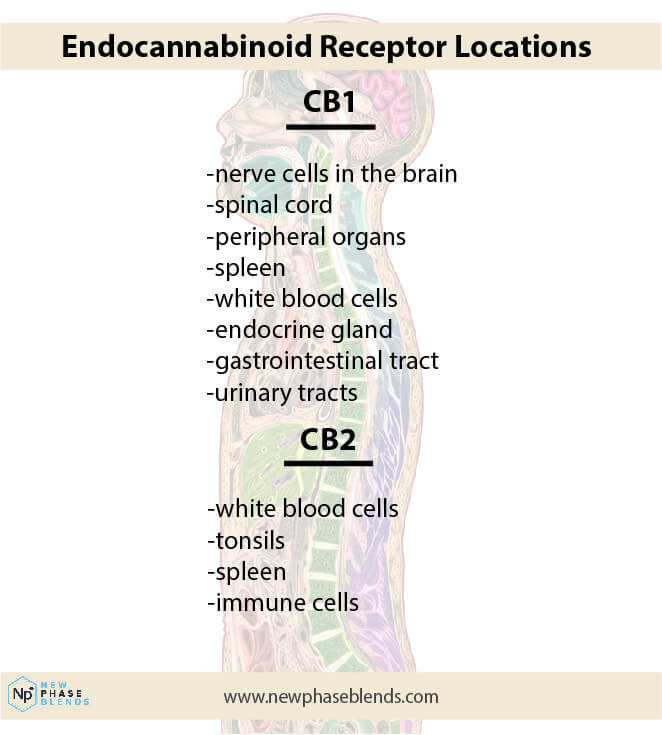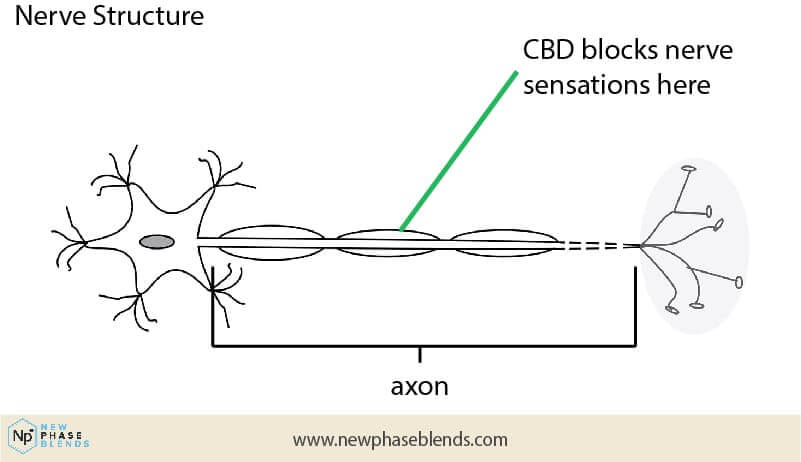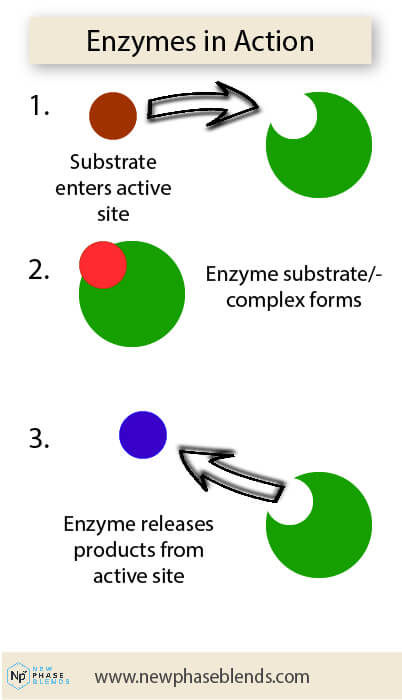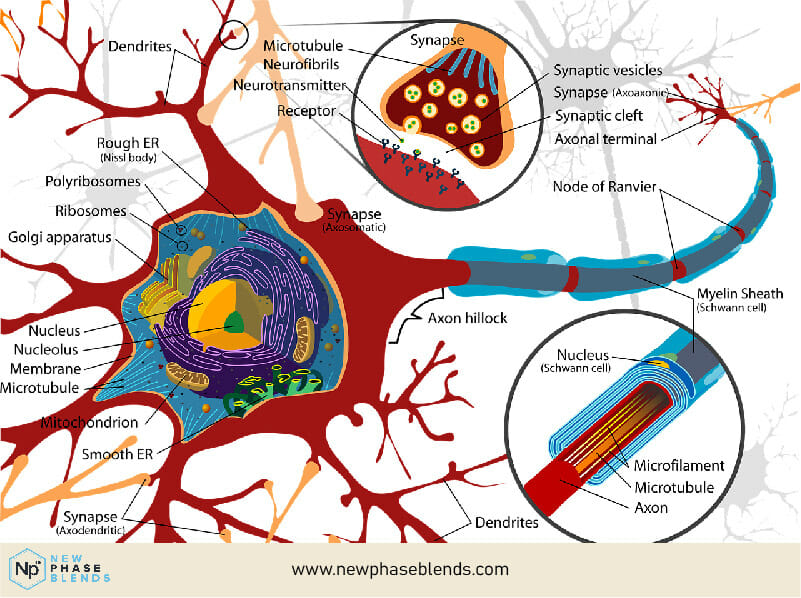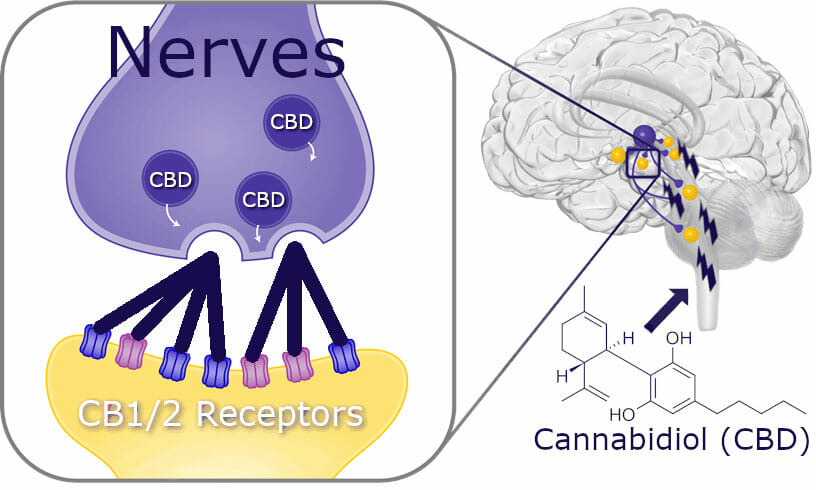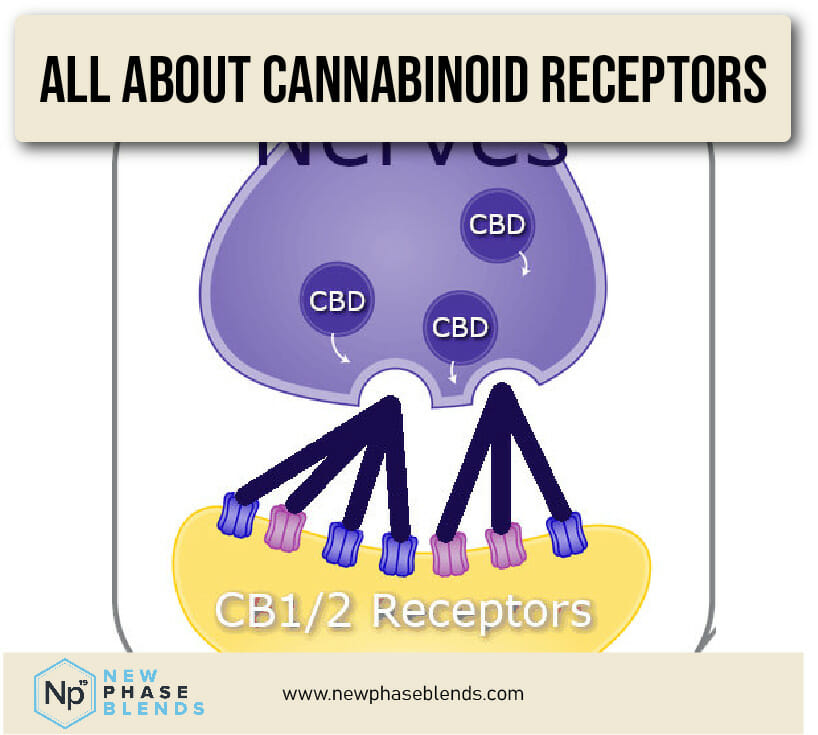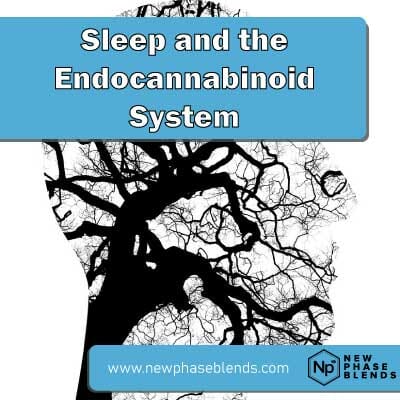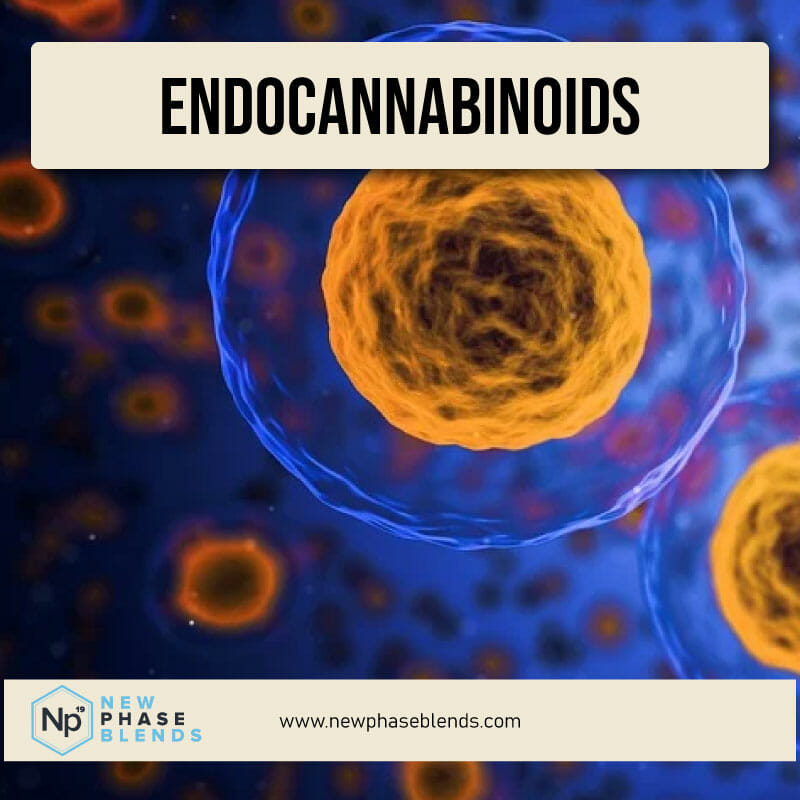The endocannabinoid system (ECS) — an intricate and highly influential network within the human body — has sparked considerable interest and research over the past few decades due to its profound impact on numerous physiological functions. This complex system, responsible for maintaining the body’s internal equilibrium or homeostasis, orchestrates a broad range of bodily processes, from mood and appetite regulation to pain management, immune response, and sleep. As we continue to uncover the intricacies and potentials of the ECS, its significance in health and disease becomes increasingly apparent. In this article, we delve into the workings of the ECS, exploring its components, functions, and the pivotal role it plays in our overall well-being. Join us on this journey of discovery as we unravel the mysteries of this fascinating system that has profound implications for human health and therapeutics.
TLDR:
All humans, and almost all animals, have an endocannabinoid system. It is made of a web of interlinking receptors (CB1 and CB2), and is responsible for many different things that help regulate our body.
Let’s jump right in to further explore this vital component of human physiology!
What is the Endocannabinoid System?
Given how central these functions are to basic survival, it’s crazy to realize this system was only classified as late as 1992.
How, and why, did this occur?
Basically, a series of experiments across the world involved studying the effects of THC on the brain. The results out of the St. Louis School of Medicine first determined that mammalian brains have cannabinoid receptor sites that respond to compounds found in cannabis, known as cannabinoids.
These receptors, named CB1 cannabinoid receptors, turned out to be the most abundant type of neurotransmitter receptor in the brain!
This research slowed in the United States due to marijuana’s status as a schedule 1 drug. Interestingly, the next big discovery was due to the fact that the US was funding research in the hopes of detailing NEGATIVE effects due to cannabis consumption. In 1990 at the National Institute of Mental Health, this came in the form of mapping the DNA sequence of a CB1 receptor; essentially how the body encodes and builds the cannabinoid receptors.
This was huge. Knowing how to identify the DNA that compose them, a genetically modified mouse without this receptor could be created.
On a side note, these genetically modified mice are called “knockout mice,” and their inventors won a Nobel Prize for it in 2007. THC could then be administered to these CB1 deficient knockout mice. Doing so demonstrated that THC had no effect, proving THC works by activating cannabinoid receptors in the brain.
A second cannabinoid receptor, CB2, was catalogued shortly after.
These sites are found primarily in the immune and peripheral nervous system (nervous system outside the brain and spinal cord).
Endogenous Cannabinoids Explained
Endogenous cannabinoid signaling occurs when your body produces its’ own endocannabinoids. An endogenous cannabinoid is simply a cannabinoid produced within the body, all by itself.
Discovery of the cannabinoid receptor sites then led to the classification of the potential neurotransmitters that fit into the sites, aptly named endocannabinoids. The endo prefix indicates that they are produced within the body.
Two years later, scientists at the Hebrew University of Jerusalem then discovered the two primary, as well as a host of lesser, endocannabinoids.
Primary Endocannabinoids
Anandamide (AEA)
Anandamide is one of the main endocannabinoids produced naturally in the human body that binds to cannabinoid receptors and produces effects similar to those of THC, the main psychoactive compound in cannabis. As an endocannabinoid, anandamide plays important roles in various physiological processes including appetite, pain-sensation, mood, and memory.
2-arachidonoylglycerol (2-AG)
2-AG is an endogenous cannabinoid that binds to both CB1 and CB2 receptors, making it a full agonist of the endocannabinoid system. As one of the most abundant endocannabinoids produced in the body, the 2-AG endocannabinoid is involved in regulating several physiological and cognitive processes including synaptic plasticity, pain perception, and immune function.
Secondary Endocannabinoids
- homo-gamma-linoleoyl ethanolamide (L-EA)
- docosatetraenoul ethanolamide (DEA)
- noladin ether (2-AGE)
- N-arachidonoyldopamine (NADA)
Following the discovery of the receptor sites and the neurotransmitters that bind with them, the final piece was found to be composed of enzymes.
These enzymes break down the neurotransmitters once they complete their actions. With this, the human endocannabinoid system was officially mapped and catalogued. We now know, without a doubt, that we have an efficient cannabinoid signaling system within our bodies.
Human Endocannabinoid System Components
As we mentioned, this system is composed of three parts.
- Cannabinoid receptor sites spread in a wide pattern across the body, primarily CB1 and CB2
- Endocannabinoids (aka endogenous cannabinoid) that send chemical messages through the nervous system to reach the cannabinoid receptors, chiefly N-arachidonoyl-ethanolamide (anandamide) and 2-arachidonoylglycerol (2-AG)
- Various endogenous cannabinoid metabolic enzymes, including fatty acid amid hydrolase (FAAH) and monoacylglycerol acid lipase
Interesting fact: According to Expert Opinion on Drug Discovery (2009), “Fatty acid amide hydrolase (FAAH) is an integral membrane enzyme that hydrolyzes the endocannabinoid anandamide and related amidated signaling lipids.”
They even go on to claim that fatty acid amide hydrolase shows potential for treating pain and central nervous system disorders.
Endocannabinoid Receptors
The endocannabinoid system contains two primary receptors that mediate its effects – CB1 and CB2 receptors. CB1 receptors are mainly found on neurons in the central and peripheral nervous systems, particularly in areas of the brain involved in physiological processes like cognition, memory, movement, and pain perception.
When endocannabinoids like anandamide bind to CB1 receptors, they inhibit the release of certain neurotransmitters, impacting mood, appetite, pain relief and more. In contrast, CB2 receptors are predominantly located in immune system cells and related structures like the spleen and tonsils. Endocannabinoid binding to CB2 receptors helps modulate inflammation and immune system function.
While CB1 and CB2 both bind endocannabinoids, their differing locations contribute to the wide range of effects associated with the endocannabinoid system – from brain function to immune response. The interactions between endocannabinoids and these receptors maintain homeostasis and mediate adaptation to various physiological changes.
The Role of Neurotransmitters
A brief biology refresher may be useful here. Messages are carried through your brain via neurons. These messages move across pathways called synapses.
Most synapses are chemical synapses, meaning that information is carried by chemical messengers to the next neuron.
Neurotransmitters are chemical messengers released by neurons at synapses. This enables messages to move to neighboring cells. Lastly, the cannabinoid receptor proteins (sites) let the next cell understand the message being sent.
Some neurotransmitters are typically “excitatory,” making a neuron more likely to fire a message, thus increasing its effect. This is also known as neuronal excitability.
Others are generally “inhibitory,” making a target neuron less likely to fire a message, thus diminishing its effect.
As an example, this why cannabidiol (CBD) reduces inflammation and pain. CBD has an inhibitory effect on the chemical messages for swelling being sent through your brain due to an injury.
Enzymes
Enzymes speed up or “catalyze” chemical reactions. They can be immensely powerful, accelerating a chemical reaction by a factor of over one million! Our bodies rely on enzymes to carry out chemical reactions that keep us alive.
In the digestive system, enzymes help the body break down larger complex molecules into smaller molecules enabling the body to use them as fuel. Enzymes in the liver break down toxins.
As it pertains to the human ECS, enzymes are responsible for breaking down endocannabinoids once they’ve carried out their function.
What Does the Human Endocannabinoid System Regulate?
The Human ECS is a modulatory system, meaning that it regulates neurons. This is why the primary function of the ECS is thought to be maintaining homeostasis.
If something in your body is out of whack, the ECS seeks to re-establish balance. This can take place in the function of brain, endocrine (enzyme secreting), and immune tissues.
It appears to play a very important regulatory role in hormones related to: appetite, immune function, pain, metabolism, stress response, anxiety, mood, fertility, pregnancy, pre- and postnatal development, memory, as well as skin and nerve function.
Your Endocannabinoid System Helps You Sleep
The endocannabinoid system (ECS) plays an integral role in regulating sleep, contributing to the maintenance of our circadian rhythms, the internal biological clock that governs physical, mental, and behavioral changes in a 24-hour cycle. This system comprises endocannabinoids, receptors, and enzymes, with endocannabinoids such as anandamide and 2-arachidonoylglycerol playing key roles. These endocannabinoids bind to cannabinoid receptors, primarily CB1, located in the brain, influencing the release of various neurotransmitters involved in sleep regulation.
Research indicates that the levels of endocannabinoids fluctuate over the course of a day, promoting wakefulness during daylight hours and facilitating sleep at night. By modulating neurotransmitter release, the ECS can help induce feelings of calm and relaxation, preparing the body for sleep. Thus, the ECS serves as a crucial component in maintaining sleep health and managing sleep-related disorders.
Why Are Endocannabinoids Released?
Since we know the ECS helps to regulate homeostasis, it makes total sense that endogenous cannabinoids are released as needed.
This release, in turn, activates more cannabinoid receptor sites, which are then ready to receive more endogenous cannabinoids.
It’s all part of a comprehensive system that communicates with itself in order to right the ship, so to speak, that is your body.
CB1 receptors are almost exclusively found in the central nervous system. The central nervous system consists of your brain and spinal cord. It controls most functions of the body and mind.
Endocannabinoid signaling can occur in when the CB1 and/or CB2 cannabinoid receptors are stimulated.
CB1 activation results in rapid suppression of neurotransmitter release into synapses; in effect reducing signals (typically).
CB2 receptors are mostly located in immune cells and, when activated, can modulate the immune cells functioning. This modulation, almost like tuning an instrument, helps the body respond to cell damage and heal.
THC (Tetrahydrocannabinol) and the ECS
Tetrahydrocannabinol (THC) is one of many exogenous cannabinoids found within cannabis. This is the compound that gets people “high.” Why is this? Amazing organic chemistry!
THC fits well into both CB1 and CB2 receptors. This is known as a strong binding affinity. This binding allows it to send strong messages throughout the brain and body. This is a reason why THC (a PHYTO cannabinoid, produced by plants) produces feelings of euphoria.
It essentially mimics AEA, an endocannabinoid produced in the body, and fits perfectly in the receptor site for that neurotransmitter. This fit allows for chemical signals to proceed across the synapse.
AEA targets some of the pleasure and reward centers of the brain. This results in the high of THC. It’s almost like the human ECS was designed to interact with cannabis!
THC has been shown to possess therapeutic potential in the treatment of nausea, weight loss, pain, muscle spasms, and other conditions. However, the psychotropic side effects have excluded their widespread use.
Endocannabinoid System and CBD Use
The other major cannabinoid found in cannabis is cannabidiol (CBD). CBD is found in both hemp and marijuana. CBD is typically extracted from hemp though, because marijuana derived CBD has far more legal restrictions on it. Unlike THC, CBD is not psychotropic, which means it won’t get you high.
It also typically doesn’t cause severe negative side effects. Things like drowsiness and dry mouth are more commonly observed.
Scientists are unsure of how CBD interacts within the ECS. We do know that it does not bind to CB1 or CB2 receptors the same way THC does. There is some indication that it can fit into these sites, but the exact way it does so is unknown.
One of the possibilities is that it works by preventing endocannabinoids from being broken down. This allows them to have a more profound effect on your body, since the neurons sending these signals do so more intensely.
Another possibility is that CBD binds to an unknown receptor. Evidence suggests additional cannabinoid receptors exist that have yet to be identified at the molecular level.
This also might explain why people don’t seem to build up a tolerance to CBD like they can with THC.
Appetite and Hunger and ECS
Our bodies produce and send neurotransmitters in response to many biological factors. This production leads to different biological processes.
For example, when we are hungry and presented with food (prior to consumption), circulating AEA levels increase, stimulating appetite and food intake. This is why THC is used to treat eating disorders like anorexia and severe nausea from chemotherapy.
Exercise and ECS
The levels of endocannabinoids in our body increase in response to positive stimulus such as exercise and social interactions.
It has been shown that moderate-intensity exercise can significantly increase circulating endocannabinoid levels.
Healthy cyclists following a 90-minute exercise period, a positive correlation was observed between this and circulating AEA.
These data suggest that, at least in part, the effect of exercise on cognitive function and mood could be modulated by the ECS.
As a side note, CBD can be used for energy. In low doses, it has stimulant-like effects. This is much more beneficial than compounds like caffeine, because there is no crash associated after use.
Stress
The function of endocannabinoid signaling during stress is to insulate the stress response and reduce negative emotions. Exposure to acute stress induces changes in endocannabinoid levels.
For instance, reducing AEA levels leads to the activation of other stress hormones. In contrast, an increase in 2-AG levels in response to stress contributes to the suppression of these hormones, restoring homeostasis.
However, impairment in the ESC as a result of chronic stress may cause stress related behaviors like anxiety and depression.
Inflammation
Another physiological condition the human endocannabinoid system helps regulate is inflammation. An increase in latent endocannabinoid concentrations has been observed in patients with cirrhosis, chronic hepatitis C infection, congestive heart failure, and atherosclerosis.
Endocannabinoids are extensively involved in regulating the immune response by activating CB2 receptors.
CB2 receptor activation is associated with a reduction what is known as “proinflammatory cytokine release.” As the name suggests, chemical signals called cytokines send messages to produce inflammation.
Reducing this signaling may function to dampen inflammation.
Endocannabinoid System Deficiencies
As we just mentioned, impairment of the ECS can lead to a variety of debilitating conditions. This deficiency causes our base line homeostasis to become out of balance, with too much or too little ECS activity.
This imbalance is a reflection of endocannabinoid levels in the brain and body, how they are produced, broken down, and availability of CB receptors. These can be associated with various disorders.
Lets take a closer look at some possible outcomes.
Not Enough Endocannabinoid Activity
Too little ECS activity has been linked to contribute to a number of conditions such as chronic pain, psychiatric disorders. Some of these include migraine, irritable bowel syndrome, and fibromyalgia.
Post-traumatic stress disorder is another commonly known condition that the ECS seems to effect. The levels of cannabinoid 2-AG in victims of PTSD have been observed to be significantly lower than those without PTSD.
This suggests a causal link between the inability of the body to reset to a healthy endocannabinoid level and maintain homeostasis after a traumatic event for some individuals.
The phytocannabinoids contained in cannabis can be used to supplement this deficiency. By stimulating and supporting your endocannabinoid system, one can find relief from a multitude of illnesses and conditions.
Too Much Endocannabinoid Activity
The opposing swing in human ECS towards hyperactivity seems just as harmful. An overactive system is associated with conditions like obesity, metabolic syndrome, and cancer development.
Why is this?
- Chronic overeating and fat accumulation overheat the ECS, producing an overabundance of neurotransmitters and their receptor sites to occur. This is turn promotes even more obesity by stimulating appetite and a more efficient enzymatic breakdown of the food consumed.
- An over-stimulation of the ECS has direct and deleterious effects on insulin sensitivity and glucose metabolism. Tissues like the liver, adipose, and skeletal muscle are effected by this. Metabolic syndrome is diagnosed when someone has three or more of these risk factors: High blood glucose (sugar) Low levels of HDL (“good”) cholesterol in the blood.
- Cancer cells, with are produced in the body, can react to the ECS. Colon cancer cells for example, have been shown to proliferate when exposed to overactive CB2 expression.
How to Support Your ECS
As we know, personal decisions are some of the cornerstones of a healthy lifestyle. Our bodies basically exist in feedback loops that can aggravate or mitigate the way we treat our bodies.
Lets review some strategies to keep the ECS in prime condition. The following have all been shown in clinical studies to promote a healthy and balanced ECS.
- Maintain moderate body weight
- Engage in regular exercise
- Follow a healthy diet, with an emphasis on olive oil, fish, seeds, and nuts
- Eating organic food when possible and limiting exposure to foods that will disrupt your enzyme production
- Control or eliminate exposure to carcinogens like cigarette smoke, alcohol, and drugs
- Stress management
- Phytocannabinoid administration with CBD oil products the maintain healthy endocannabinoid levels
Summary – The Endocannabinoid System Explained
Our bodies produce, send, and utilize cannabinoids in ways that have profound effects on our bodies. They do so to mitigate all sorts of environmental stress.
This is how a healthy balance is maintained in the body.
Given the critically important nature of the human endocannabinoid system, it is of no surprise that an increasing number of products are coming down the pipe so to say, that have been identified as ways to support this system.
Along with evidence-based lifestyle decisions, targeted nutritional products like CBD and therapies, you can support their endocannabinoid system and promote overall health.
*FDA disclaimer: none of the statements on this webpage have been approved by the FDA. These statements have not been evaluated by the FDA. These products are not intended to diagnose, treat, cure, or prevent any disease. Medical advice should be sought before starting any supplement. If you are pregnant or nursing consult with a doctor. Medical advice should be sought if you have any pre-existing medical conditions. If you take other prescription medications, a doctor’s advice should be sought. Site void where prohibited.




